Credit to Nairametrics
Taxes paid by Nigerians involved in the wholesale and retail trade, as well as the repair of motor vehicles and motorcycles, surged by 49% in the first six months of 2024 compared to the same period last year.
This is according to data from the tax reports of the National Bureau of Statistics (NBS).
Based on the data released by the NBS, this leap in tax revenue is the result of hikes in both Value Added Tax (VAT) and Company Income Tax (CIT) receipts.
He further emphasized that the bank must remain focused on its core mandate of ensuring price stability, rather than being swayed by political and economic pressures.
“Our decision to raise the Monetary Policy Rate (MPR) to 27.25% was a bold move. Higher interest rates, while painful for borrowers, are necessary to curb excess money in circulation and control inflation.
“Leadership is about making hard choices to secure long-term stability over short-term comfort in moments like these
“Leading through challenging times means avoiding the temptation to take on too many initiatives. The Central Bank must focus on its core mandate—price stability. It is easy to become distracted by various political and economic pressures, but as a leader, one must prioritise,” Cardoso said.
Building back trust in CBN
- Furthermore, Cardoso explained that the focus of the new leadership at the CBN is on rebuilding trust in the markets and the system.
- He added that this commitment is the reason behind the emphasis on policy transparency and the adoption of the Electronic Foreign Exchange Matching System (EFEMS) for foreign exchange transactions.
- According to Cardoso, these efforts have led to a reduction in arbitrage and speculation in the market, as trust is gradually being restored among participants.
“Trust is the currency of central banking. If the public loses trust in the institution, the efficacy of its policies diminishes.
“Our decision to implement the Electronic Foreign Exchange Matching System (EFEMS) is rooted in this understanding.
“By enhancing transparency and providing more accurate oversight of forex transactions, we send a strong signal that the CBN is serious about fair and efficient markets,” Cardoso said.
What you should know
- Nairametricsreportedthat as of July 2024, only 36.3% of Nigerian households supported raising interest rates to control inflation.
- The survey further revealed that 50.6% of respondents preferred a reduction in interest rates despite the rising inflation, while 13.1% remained undecided.
- This division underscores the challenge faced by the Central Bank of Nigeria’s (CBN) Monetary Policy Committee (MPC) in balancing inflation control with public demand for lower borrowing costs.
- Under Yemi Cardoso’s leadership, the CBN’s MPC has implemented five interest rate hikes.
The initial increase took the rate from 18.75% to 22.75%, followed by subsequent hikes to 24.75%, 26.25%, and then, in July 2024, a 50 basis point increase to 26.75%.
Recently, the MPCraised the rate by an additional 50 basis points, reaching 27.75%.






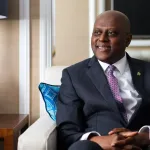
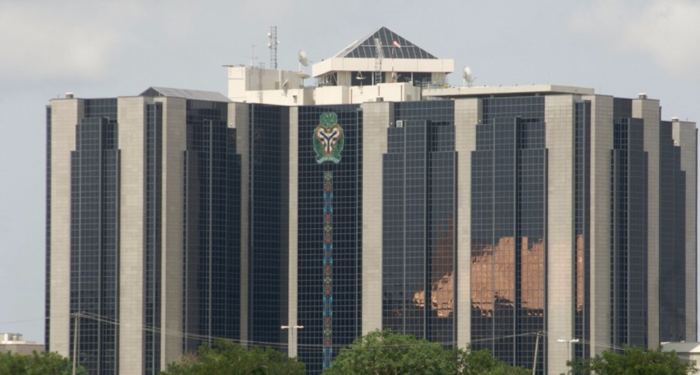


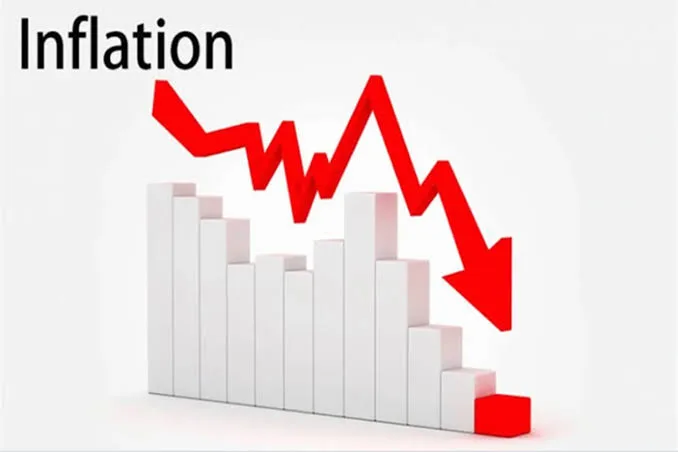
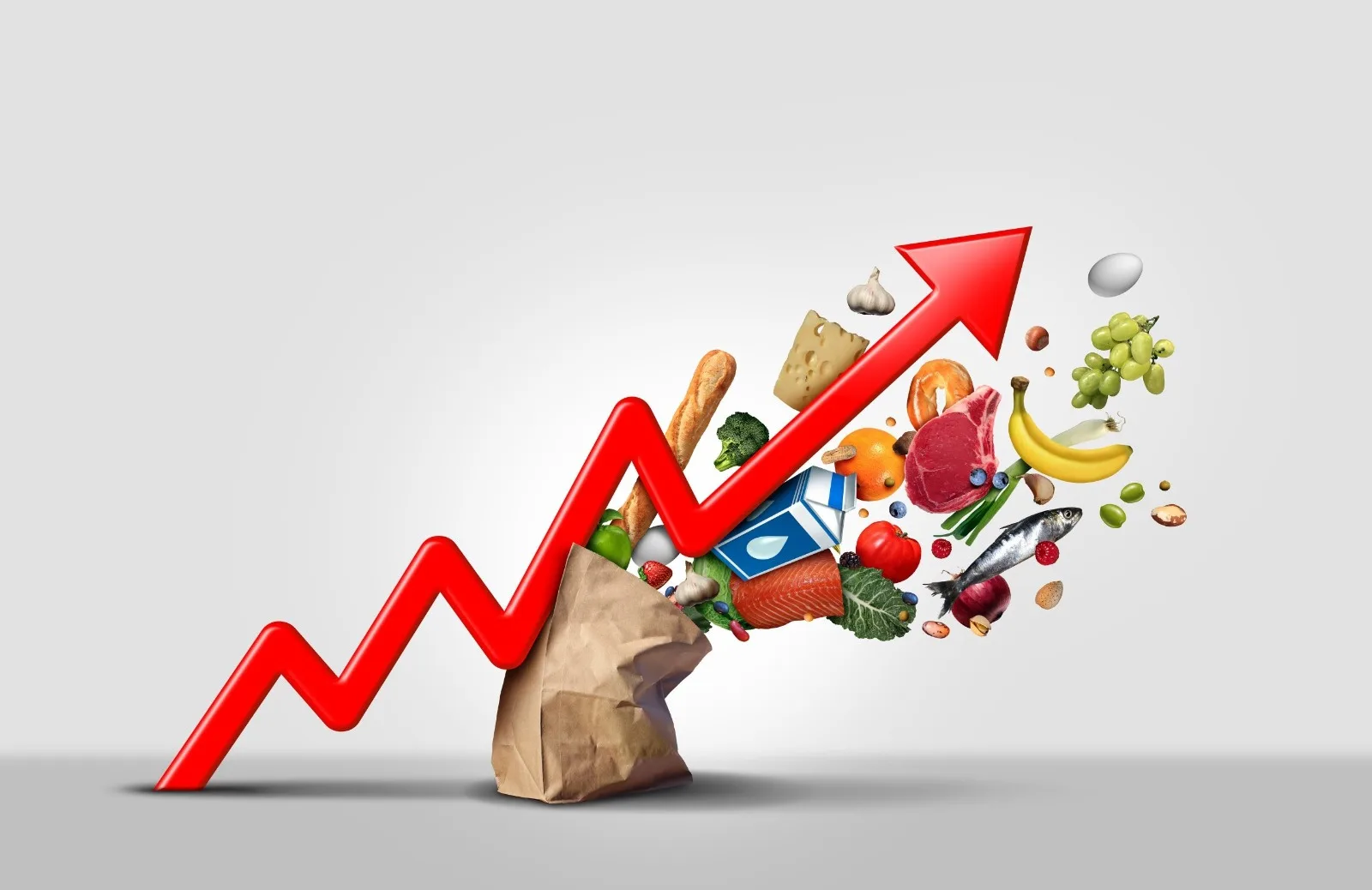
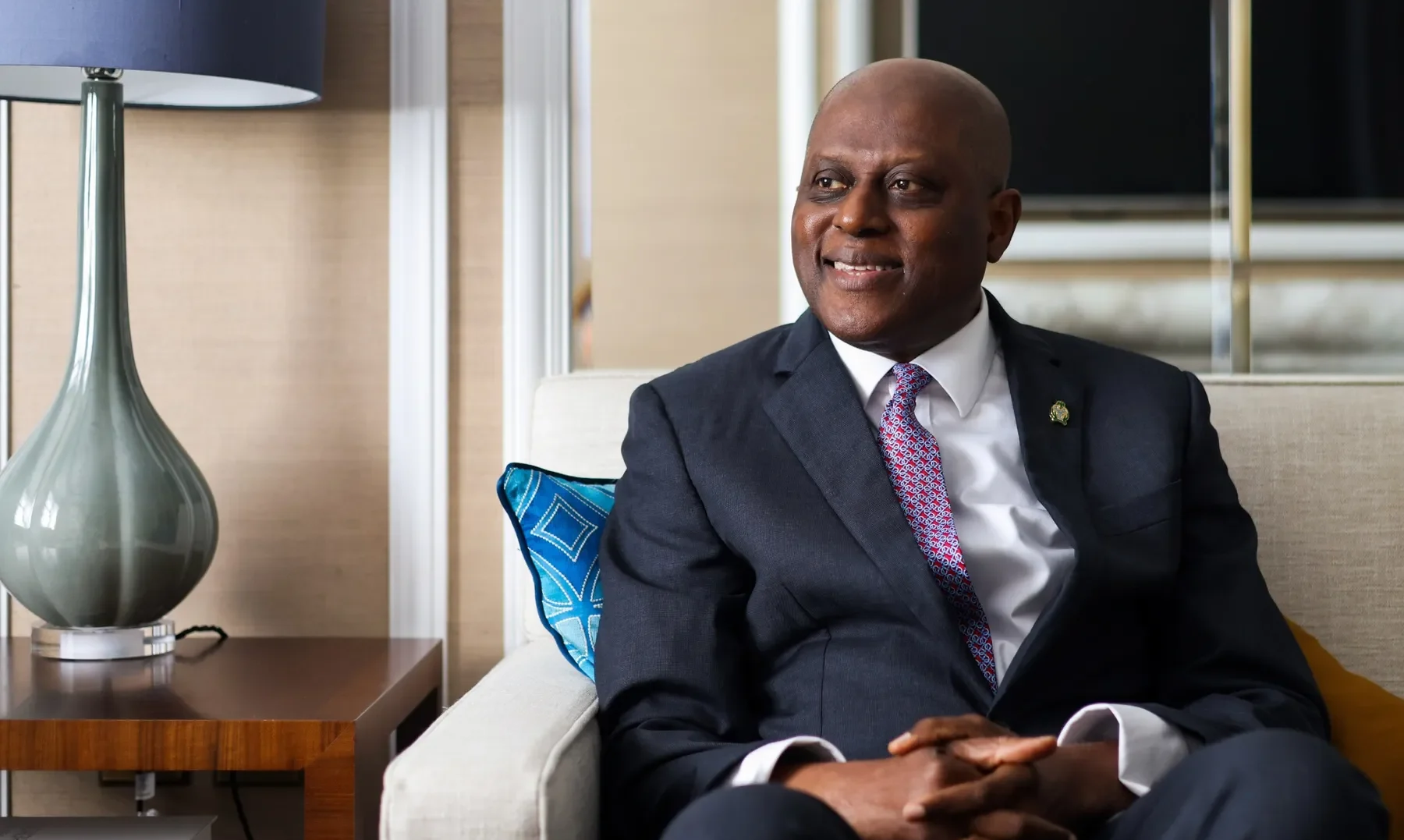
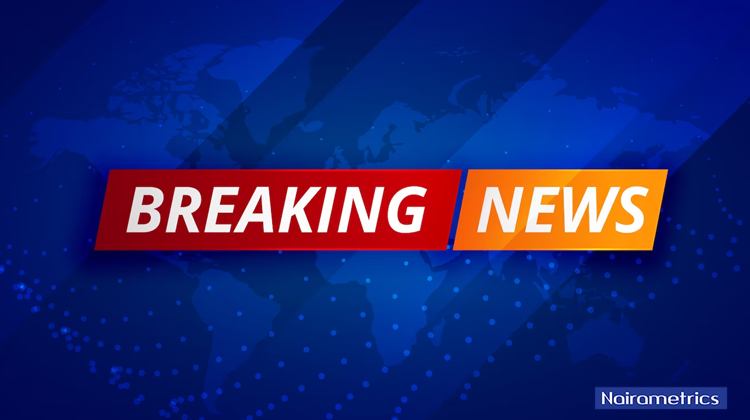



Related Posts